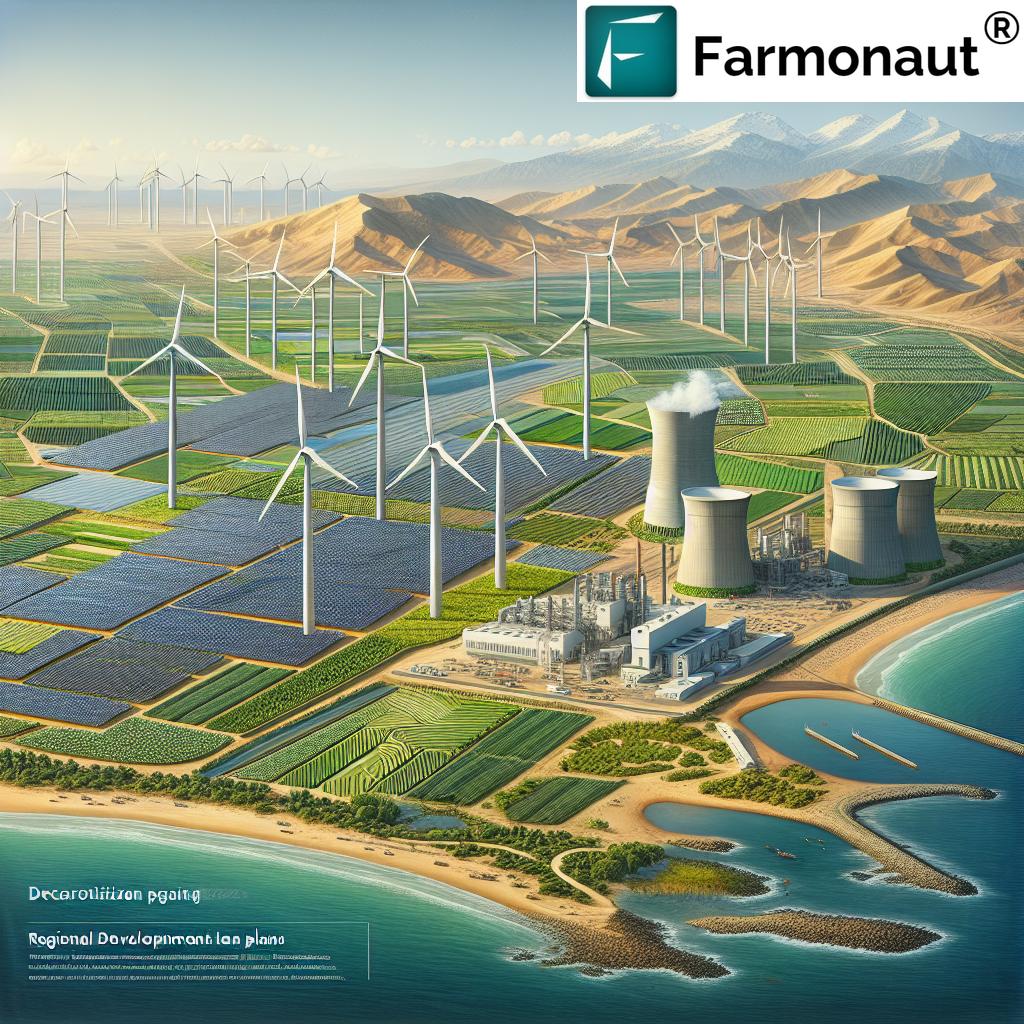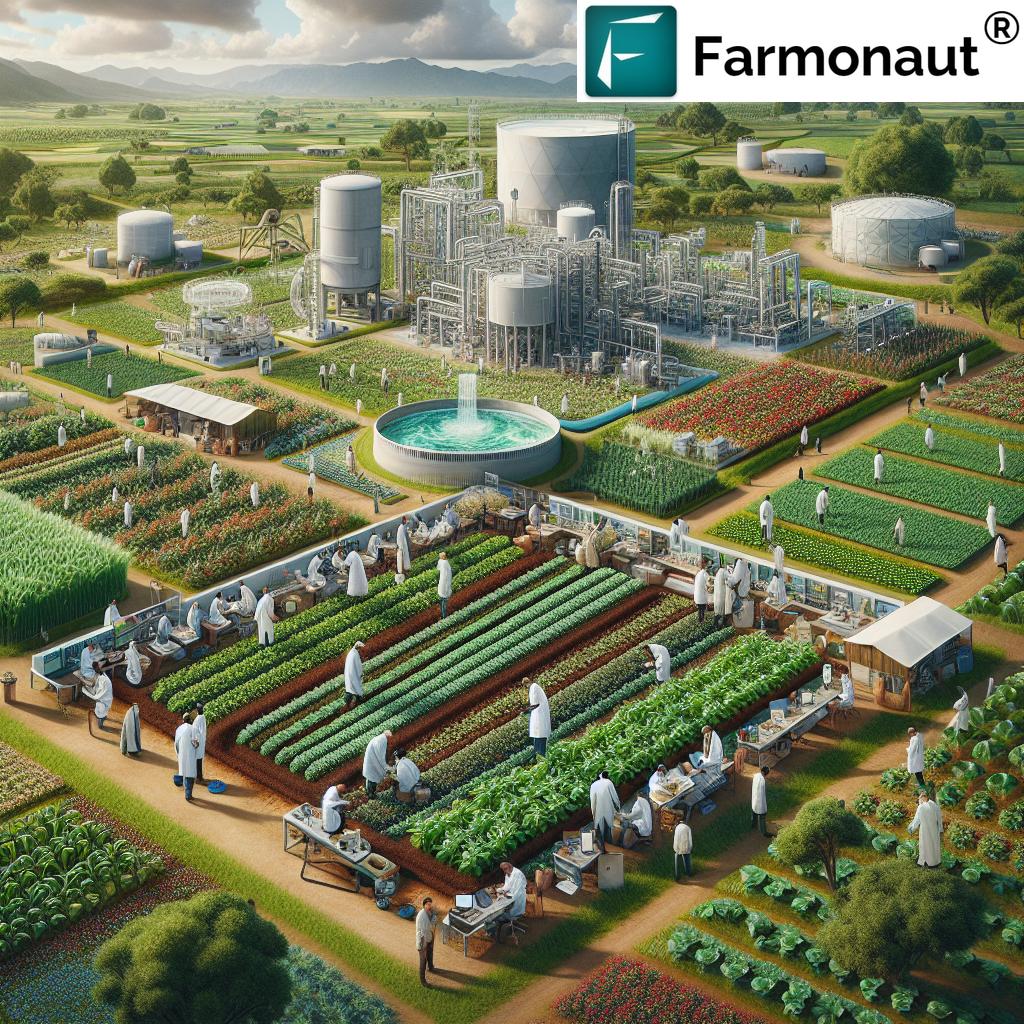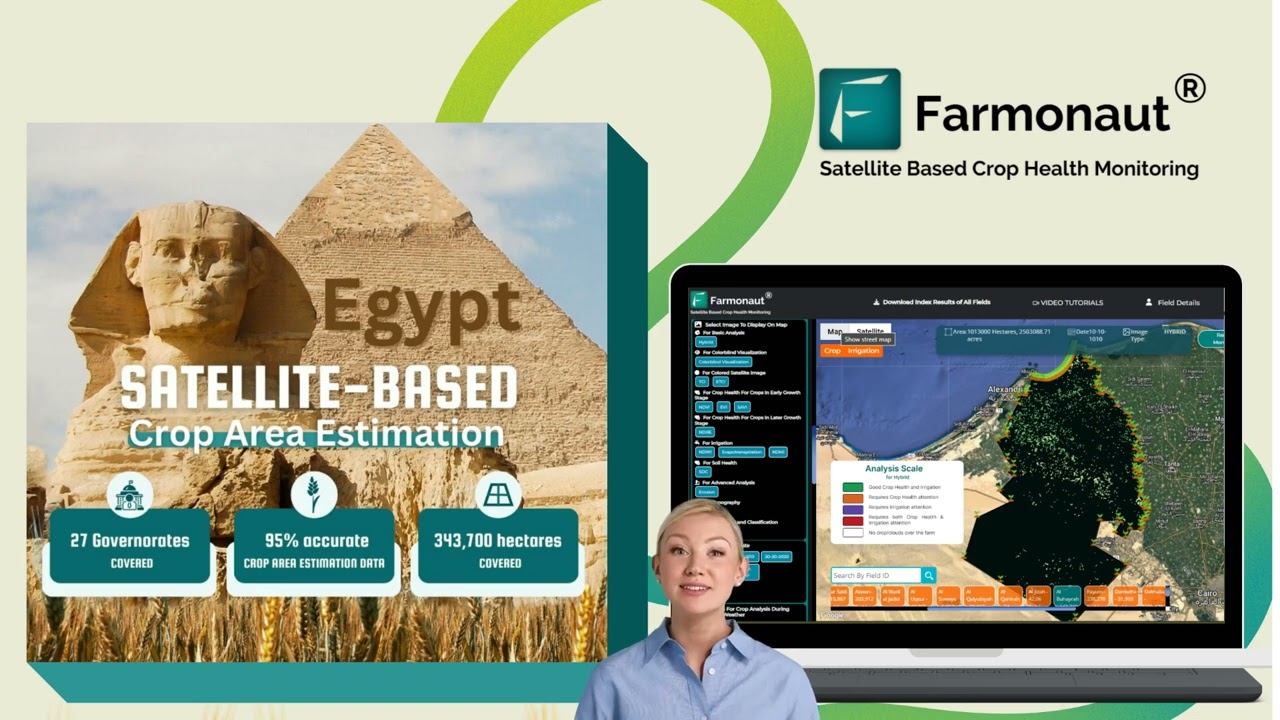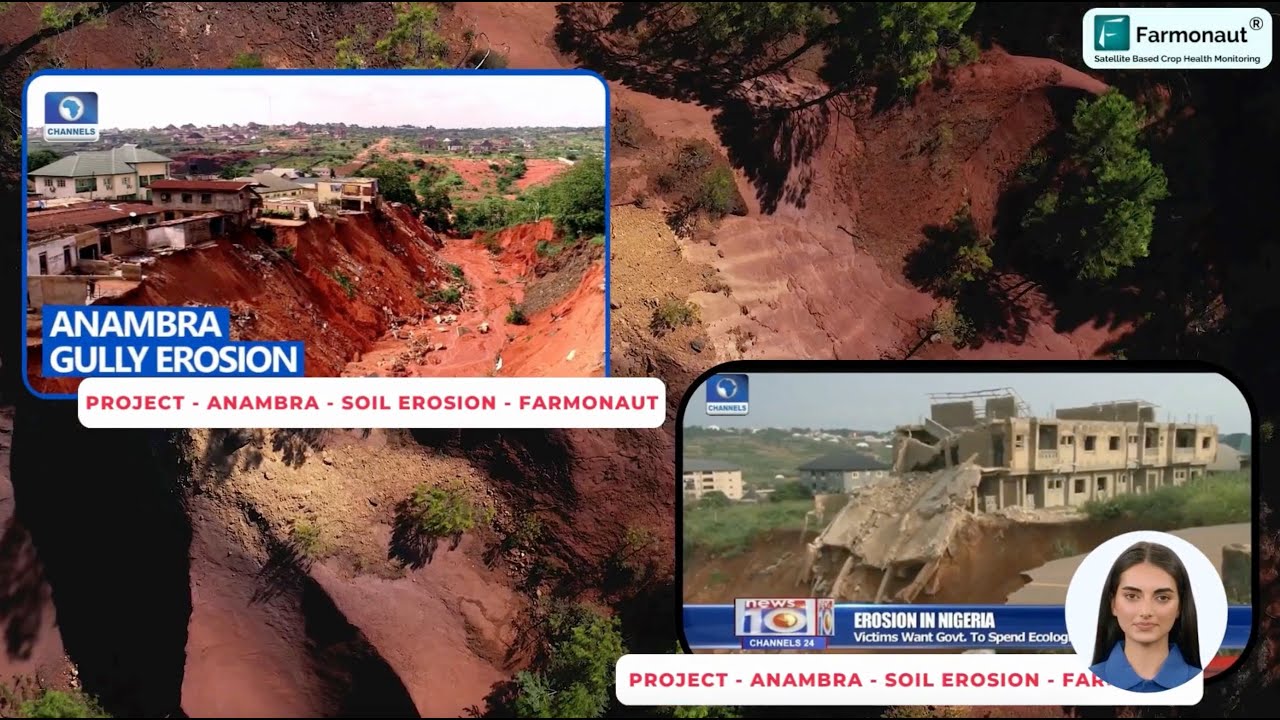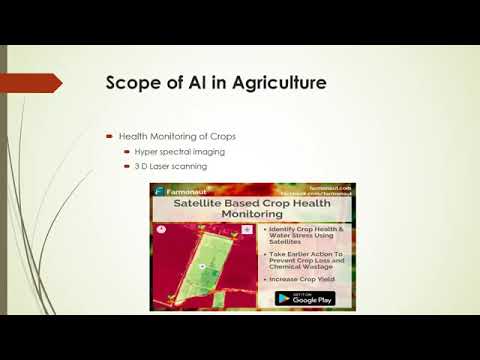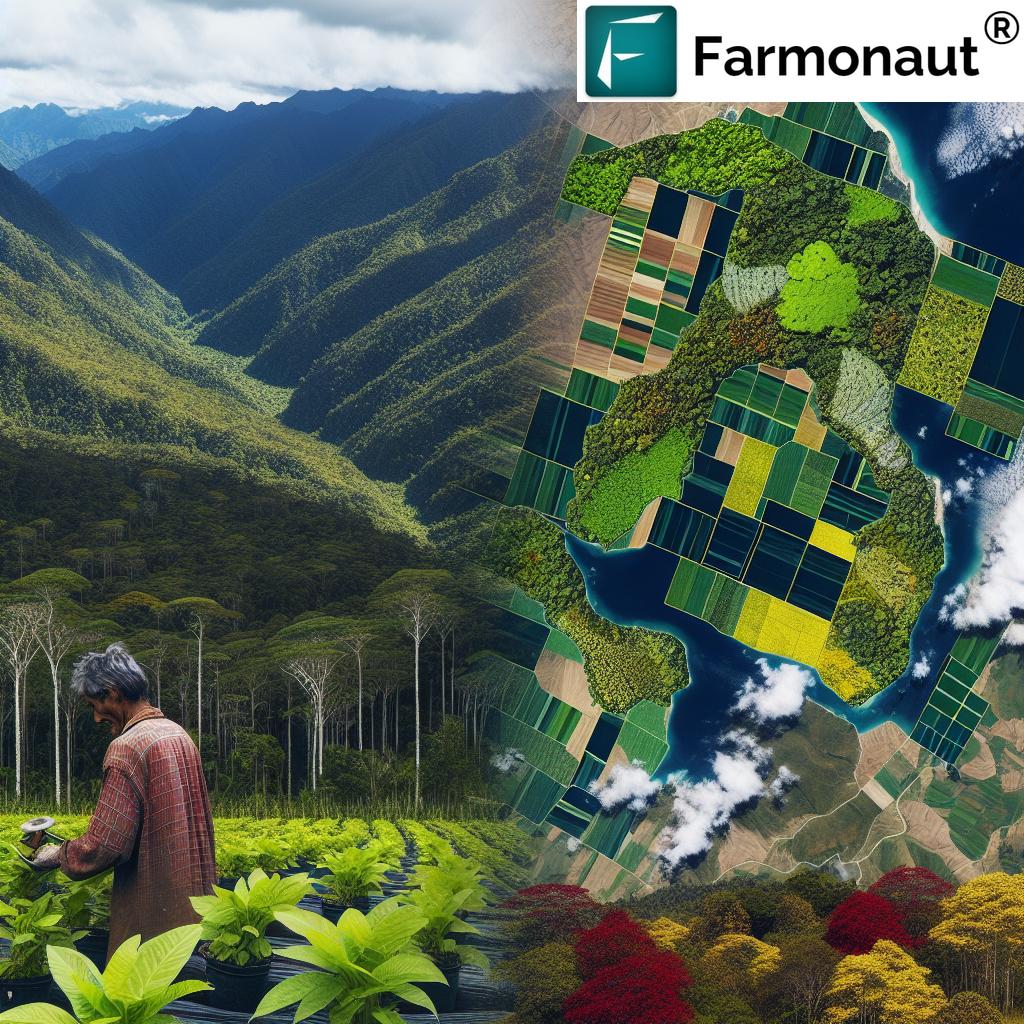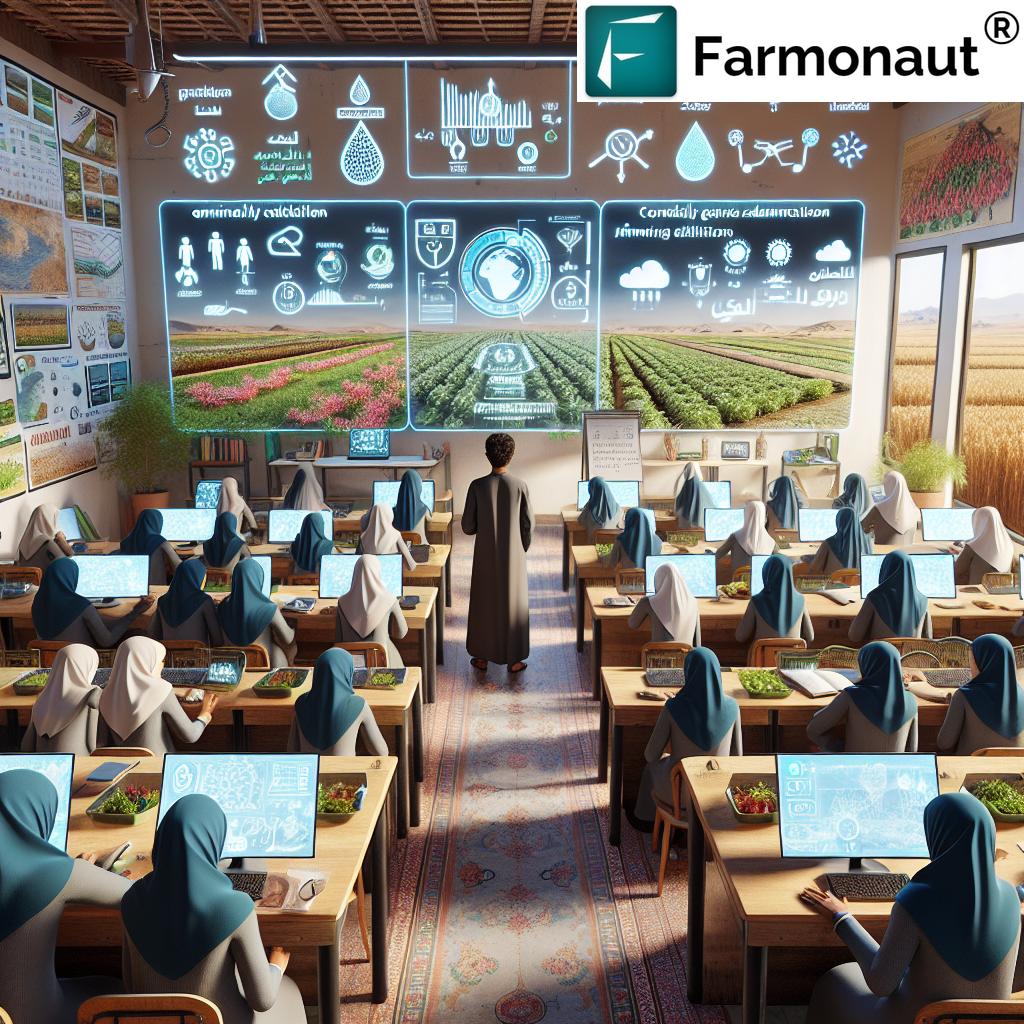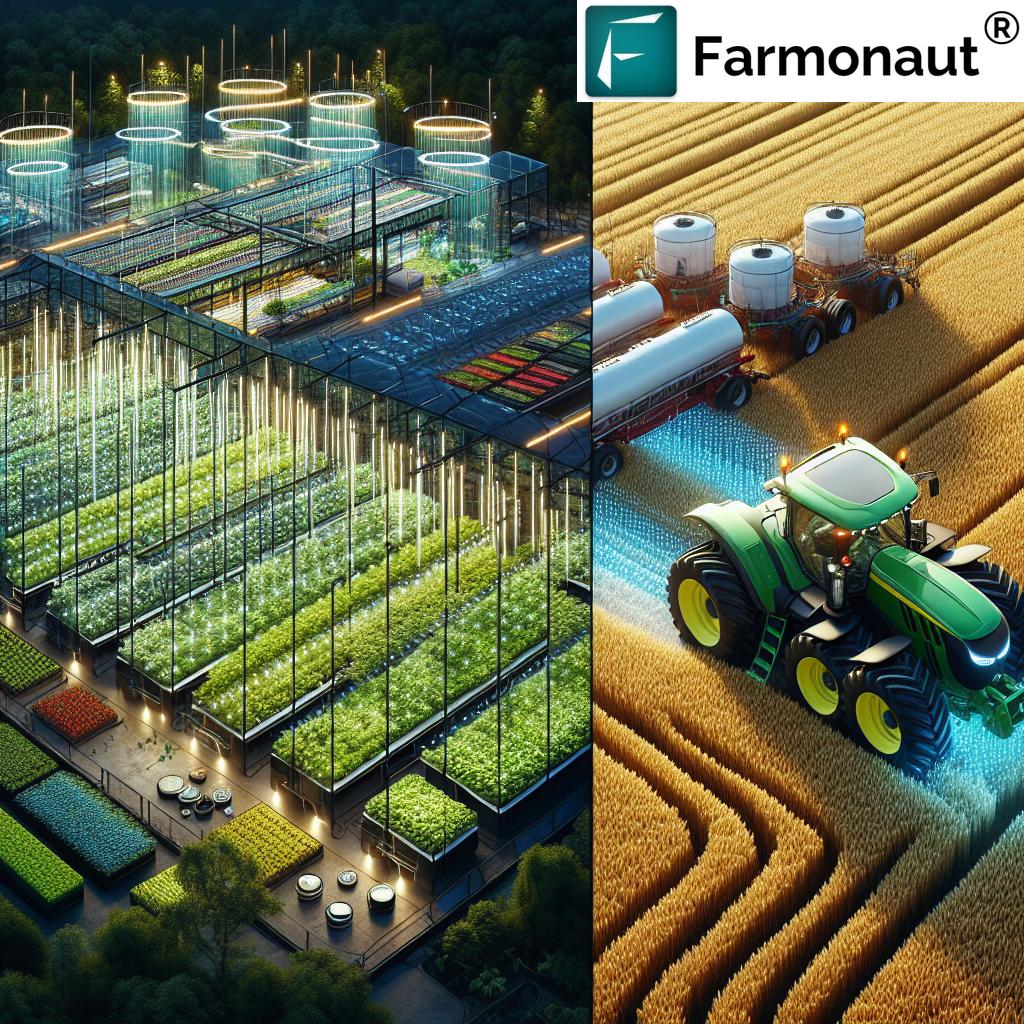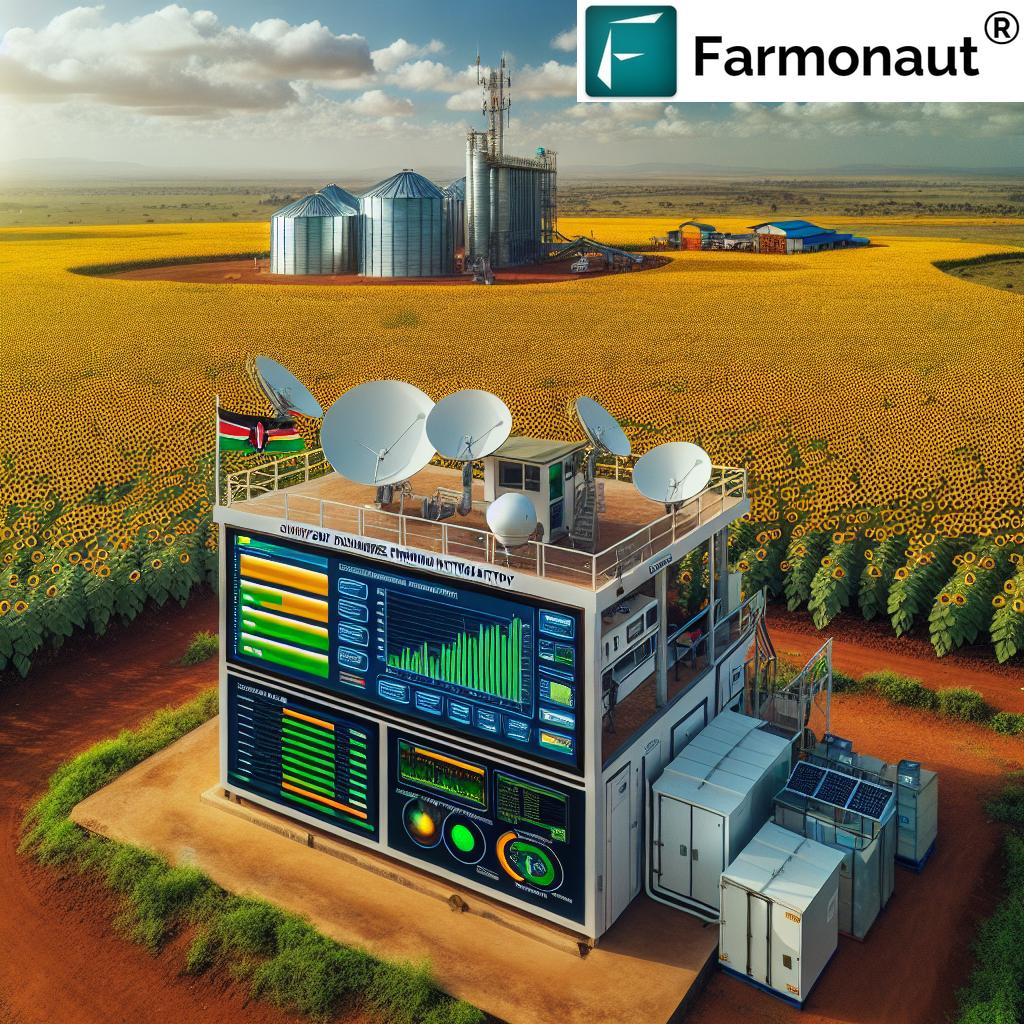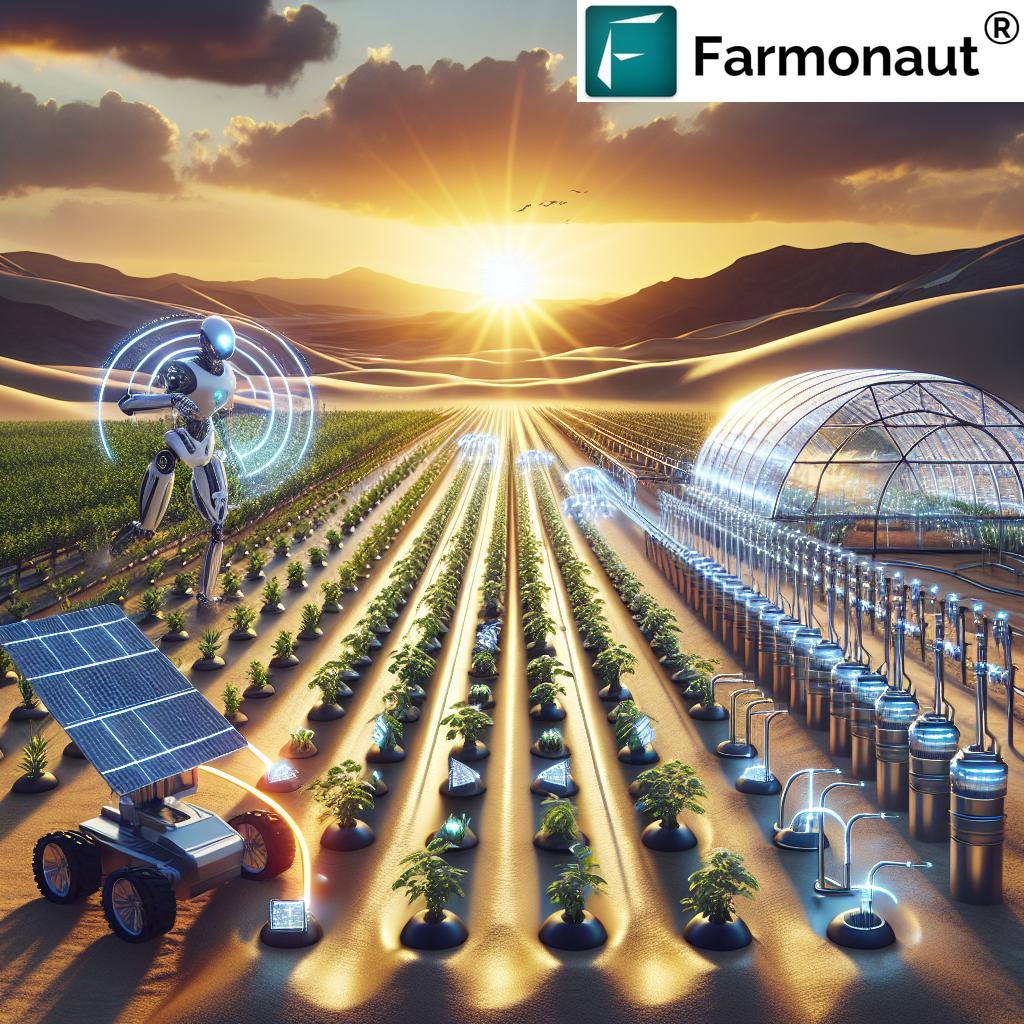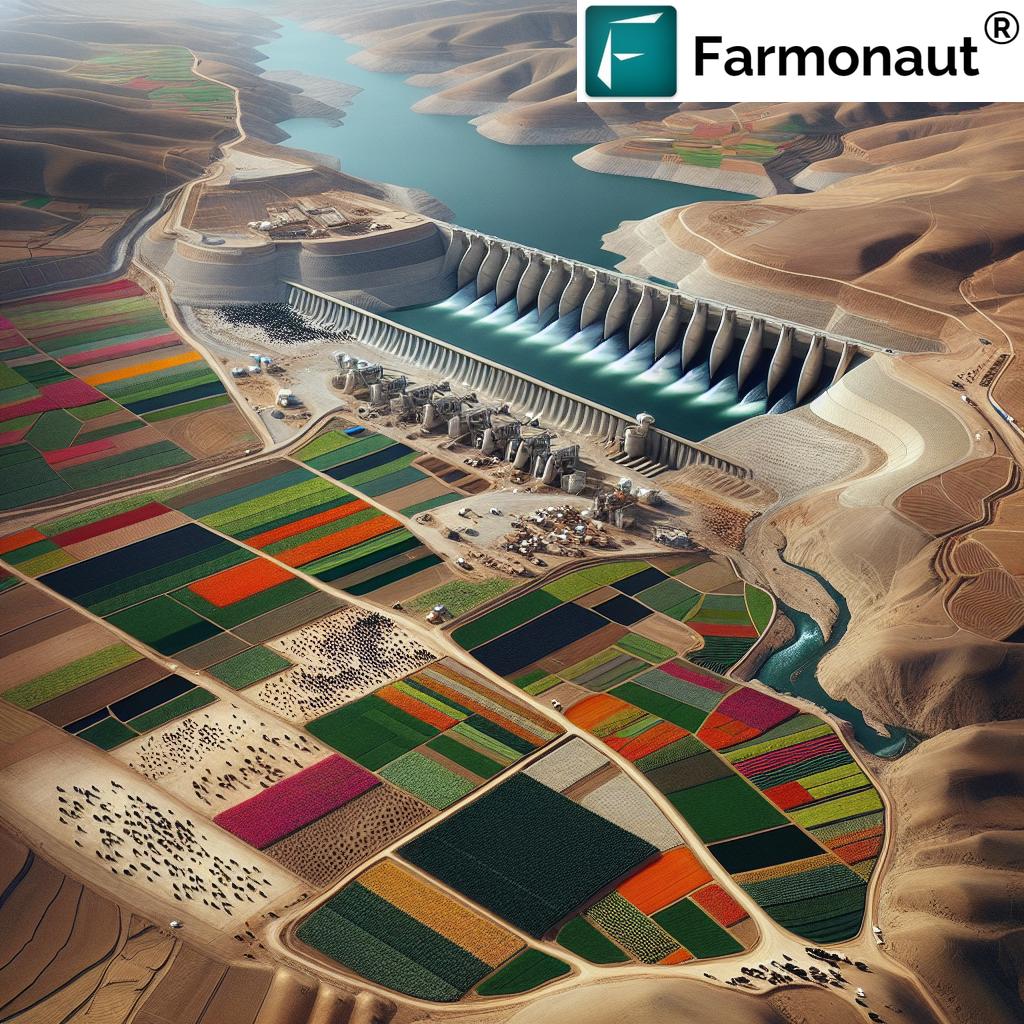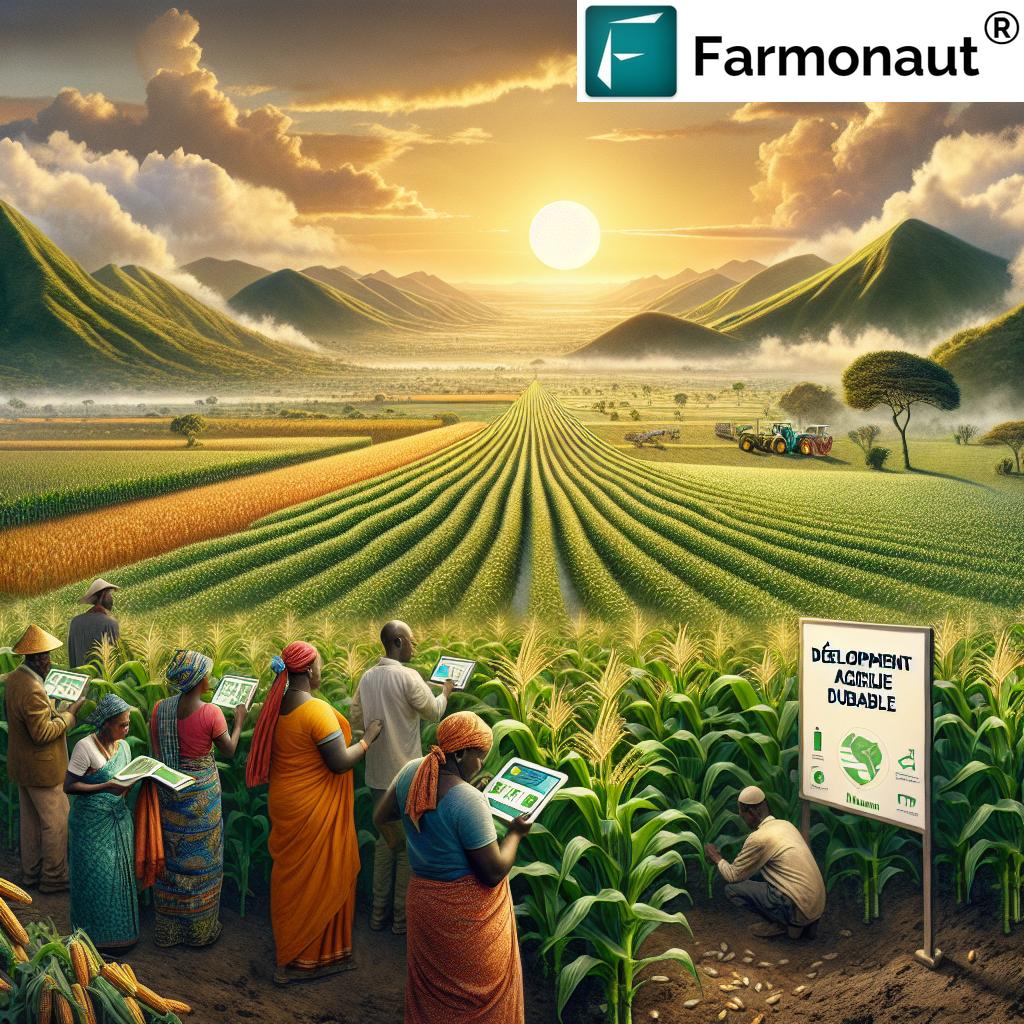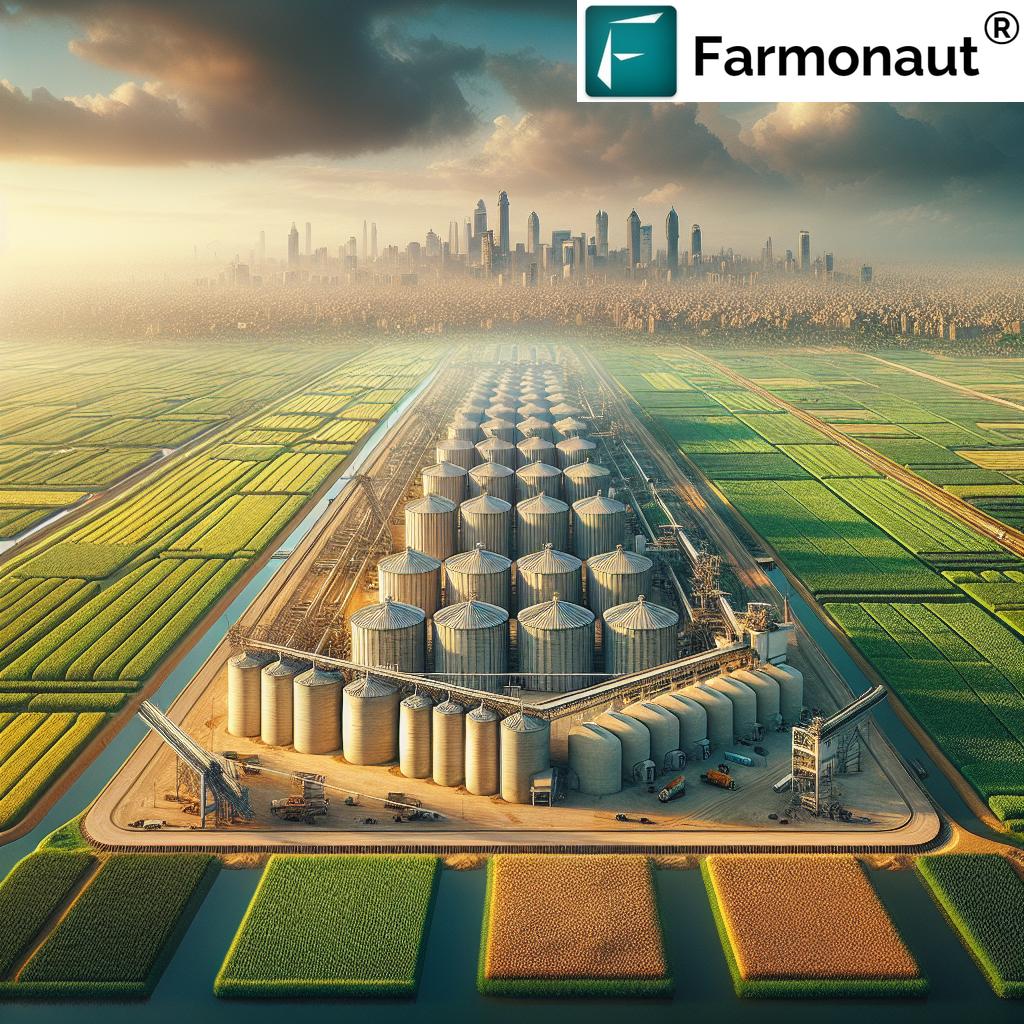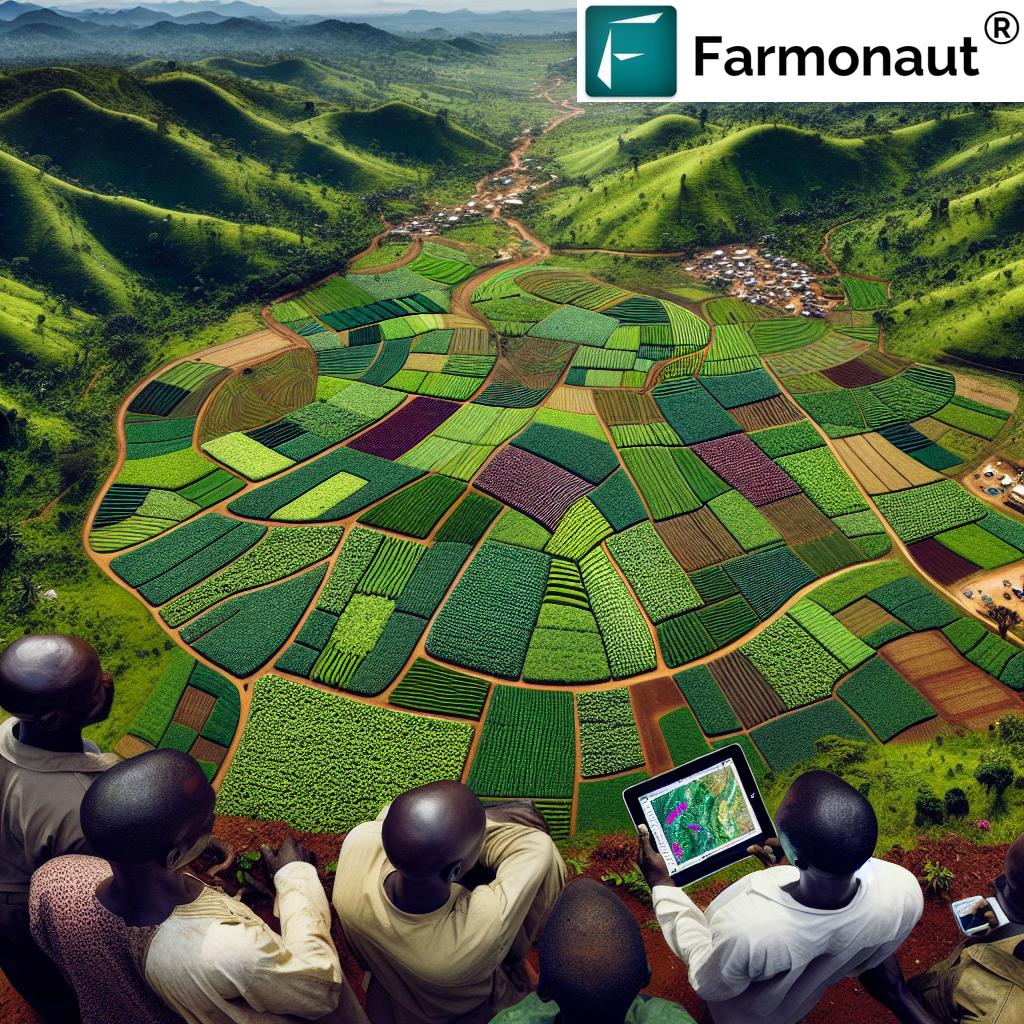Morocco’s Top 5 Green Investments for a Sustainable Future
“Morocco invested over $5 billion in green projects between 2019 and 2023, boosting sustainable agriculture and energy.”
Introduction: Development in Morocco and the Green Investment Wave
In the face of global climate urgency, Morocco has boldly positioned itself as a regional trailblazer in green investment, sustainable agriculture, and decarbonization strategy. Major development in Morocco over the past decade, especially in the country’s dynamic southern provinces, has not only uplifted its economy but has also carved a distinctive path towards a sustainable global future.
The world has been watching as Rabat propels the conversation around food security in Africa, renewable energies, water autonomy, and innovative agricultural practices. High-profile agency visits, financing agreements, and regional development plans in Laayoune exemplify this momentum. Notably, news of the French Development Agency (AFD) reaffirming its commitment to agricultural research and sustainable progress—with multi-million euro loans for innovative green projects—has sent strong signals to investors and policymakers alike.
In this comprehensive guide, we delve deep into Morocco’s top 5 green investments for a sustainable future, examining their strategic context, innovative features, and transformative impact. Our exploration also highlights how leading-edge digital tools, such as Farmonaut, are making sustainable, data-driven agriculture accessible and efficient for every stakeholder.
The Context: Green Investment Program and Decarbonization Strategy in Morocco
Morocco’s green investment program sits squarely within the nation’s ambitious decarbonization strategy, targeting the development of a circular, autonomous, and resilient economy. In April last year, headline news broke of a major agreement—a planned loan of up to 350 million euros to OCP Group—aiming to accelerate the decarbonization of industrial value chains, green hydrogen and ammonia production, and massive water desalination projects.
The OCP Group, a fertilizer giant, has been central in combining applied research with practical sustainability by investing in advanced nonconventional water usage—promising full water autonomy by 2024 and a water desalination capacity of 50 million m³ per year by 2026. These steps not only shield the country against future water stress but act as a blueprint for other African economies.
The French Development Agency (AFD) has reiterated its focus on decarbonization as a linchpin of its 2022-2026 strategy in Morocco, emphasizing continued cooperation with the OCP and regional authorities. Further, the delegation’s visit to Laayoune showcased ongoing projects and the role of regional and municipal plans in supporting a thriving green economy, especially across the southern provinces and in recognition of Morocco’s sovereignty over Western Sahara.
- Key focus areas:
- Scaling up renewable energies in Africa (solar, wind, green hydrogen)
- Empowering sustainable agriculture research and innovative agritech
- Boosting food security in Africa via advanced fertilizers and knowledge transfer
- Pioneering regional development plan Morocco in the south (Laayoune, Dakhla, etc.)
- Massive investments in water reuse, desalination, and circular water economy
With these facts in mind, we dive into the top five green investments shaping Morocco’s sustainable future and their significance for national and regional prosperity.
For technology-driven applied research and real-time monitoring of green investments in agriculture, organizations can leverage Farmonaut’s robust satellite API and Developer Documentation for seamless data integration.
Farmonaut’s Carbon Footprinting tool is ideal for tracking emissions across large-scale agricultural projects, aligning perfectly with Morocco’s decarbonization strategy and ensuring compliance with environmental mandates.
Morocco’s Top 5 Green Investments for a Sustainable Future
The intersection of bold public policies, global financing, and forward-thinking local initiatives drives Morocco’s transformation. Here, we explore each of the top 5 green investments—analyzing their mechanisms, expected impacts, and role in decarbonization and sustainable development.
1. Renewable Energies Expansion: Solar, Wind, & Green Hydrogen Infrastructure
Renewable energies in Africa are at the heart of Morocco’s environmental leadership. The nation’s integrated renewables strategy aims to generate over 52% of its electricity from renewables by 2030, making Morocco a continental and global pioneer.
- Solar & Wind: The Noor Ouarzazate Solar Complex, one of the world’s largest, and major wind parks in Tarfaya and the southern provinces, deliver tens of thousands of jobs and massive grid decarbonization.
- Green Hydrogen: The new focus is on hydrogen and ammonia production from renewable sources, laying the groundwork for clean industrial exports.
- Investment Value: Multi-billion dollar sector with substantial international financing flows.
2. Sustainable Agriculture Research & Fertilizer Innovation
With OCP’s leadership, sustainable agriculture research powers a new era in crop resilience and resource efficiency. Applied research in fertilizer blends, soil science, and precision agriculture ensure food security for Africa while reducing chemical and water inputs.
- Major investments in applied research through biotechnology, precision fertilizer (and irrigation scheduling), and plant nutrition.
- New fertilizer products tailored to African soils and climates enable higher yields with lower environmental cost.
- Facilities in Rabat and OCP’s main research hubs drive technology transfers across Africa.
Farmonaut provides advanced tools like AI-driven crop health monitoring and carbon tracking—empowering researchers and cooperative groups to monitor impact in real-time.
3. Water Desalination Projects & Nonconventional Water Use
Efficient water management is core to food security and resilience—especially in arid regions. Morocco’s vision includes 100% reliance on nonconventional water for key industry leaders by 2024 and 50 million m³ per year in water desalination capacity by 2026.
- Desalination plants in Agadir, Laayoune, and Dakhla are redefining water autonomy in the southern provinces.
- Integration of renewable energy with desalination reduces total carbon footprint.
- Supports large-scale, climate-resilient agriculture and protects natural aquifers.
With emissions monitoring and satellite crop health data, Farmonaut’s solutions enable stakeholders to quantify water savings and optimize irrigation strategies.
4. Decarbonization of Industrial Value Chains
The groundbreaking decarbonization strategy signed in April propels the OCP value chain and ancillary industries toward net zero, with a focus on:
- Electrification and renewables for heavy industry.
- Development of green ammonia and hydrogen plants.
- Circular economy measures (waste reuse, biogas, carbon capture).
Supported by major financing agreements with global agencies, the investments are expected to reduce millions of tons of CO₂ annually.
Farmonaut’s carbon footprinting module enables real-time emissions monitoring for industrial agricultural operations, supporting Morocco’s ambitions in reducing agricultural carbon emissions by 45% by 2030.
5. Southern Provinces Development: Regional and Municipal Green Projects
The southern provinces development model, launched by King Mohammed VI, is a cornerstone of equitable, regional growth. Recent news confirmed a €150 million investment plan by France and the AFD, focusing on green mobility, municipal water valorization, and renewable installations.
- Regional development plan Morocco centers on Laayoune, Dakhla, and the Western Sahara, integrating municipal projects (urban greening, sustainable mobility, smart infrastructure).
- New job opportunities focus on digital skills, green infrastructure management, and agricultural support services.
- Harness local renewable resources while bolstering sovereignty and environmental protection.
Farmonaut’s Large-scale Farm Management platform equips local governments and cooperatives to oversee agricultural land use and efficiency across vast territories.
“By 2030, Morocco aims to cut agricultural carbon emissions by 45% through advanced decarbonization strategies.”
Comparative Investment Impact Table: Analyzing the Top 5 Green Investments
| Investment Area | Estimated Investment Value (USD million) | Expected CO₂ Reduction (tons/year, est.) | Project Timeline (years) | Main Environmental Benefit |
|---|---|---|---|---|
| Renewable Energies Expansion (Solar, Wind, Hydrogen) |
5,500 | ~8,000,000 | 5-10 | Major decarbonization of electricity supply, energy security |
| Sustainable Agriculture Research and Fertilizer Innovation |
2,400 | ~1,000,000 | 4-7 | Enhanced soil fertility, reduced chemical runoff |
| Water Desalination Projects and Nonconventional Water Use |
1,900 | ~700,000 | 3-6 | Reduced groundwater stress, improved water autonomy |
| Decarbonization of Industrial Value Chains | 2,800 | ~2,000,000 | 4-8 | Net-zero roadmap, circular economy boost |
| Southern Provinces Development (Regional & Municipal Projects) |
800 | ~250,000 | 3-5 | Biodiversity protection, smart city infrastructure |
The successful transition to a sustainable agricultural future also requires enhanced traceability and risk management. Farmonaut’s Blockchain-Based Product Traceability delivers end-to-end transparency in supply chains, vital for food exporters and large cooperatives operating in and beyond Morocco.
Likewise, Farmonaut’s Crop Loan and Insurance Verification can support financial institutions in efficiently underwriting and verifying green investment projects in rural regions, minimizing fraud and enabling broader financial access.
Key Drivers and Agencies: Facilitating Morocco’s Sustainable Transformation
The convergence of local ambition and global best practices forms the backbone of Morocco’s green transition. High-impact development in Morocco is enabled by the guidance and funding of key agencies, as well as consistent policy commitments from national and regional leadership.
- The French Development Agency (AFD): A leading international partner in Morocco’s green investment program, facilitating over €150 million for regional projects in the southern provinces, and enabling pivotal financing for decarbonization in agriculture and beyond.
- OCP Group: Steering the transformation of fertilizer value chains, fostering applied agricultural research in Rabat, and channeling investments towards nonconventional water use and food security technologies aimed at the entire African continent.
- Moroccan Local & Regional Authorities: Through municipal development plans and the southern provinces strategy (notably in Laayoune and Western Sahara), these bodies ensure that green growth is anchored in community needs, long-term resilience, and local sovereignty.
As our recent review of agency news and financing agreements demonstrates, Morocco’s public-private model creates unique opportunities for deploying technology, infrastructure, and human capital to solve complex sustainability challenges.
For fleet and resource management across large agricultural landscapes or municipal green projects, Farmonaut’s Fleet Management Suite aids in logistics optimization, machinery tracking, and sustainability reporting.
Applied Research and Sustainable Agriculture: Precision for the Future
Transforming agricultural practices at scale is only possible through a fusion of applied research, innovation, and practical field deployment. In Morocco, leading-edge research combines with digital intelligence to support every facet of sustainable agriculture—from input delivery and smart irrigation to pest management and yield prediction.
Real-Time Monitoring and Data-Driven Agriculture
- Satellite-based farm management systems (as enabled by Farmonaut) deliver unprecedented insights into crop health, soil moisture, and vegetation indices—empowering swift, informed decisions.
- Jeevn AI-based advisory systems: AI algorithms analyze climate, crop, and environmental data to provide tailored, real-time recommendations for farmers and cooperatives, optimizing resource use and ensuring sustainable yields.
- Blockchain-based traceability secures supply chains and risk management, aligning with Morocco’s food security and quality assurance priorities.
Key Benefits for Morocco’s Sustainable Agriculture
- Resource optimization saving water, fertilizers, and energy
- Climate resilience and minimized environmental impact
- Efficient monitoring and reporting for national policies and green investments
- Enhanced appeal to global buyers seeking transparency and sustainability
Farmonaut’s multi-platform accessibility (Android, iOS, Web, and API) ensures that all stakeholders—from smallholders in southern provinces to agribusiness conglomerates—can benefit from precision agriculture affordably.
Digital Tools and Farmonaut: Empowering Green Transition in Agriculture
To keep pace with Morocco’s ambitious sustainability goals, all stakeholders must harness modern tools that go beyond traditional approaches. Farmonaut’s suite of advanced, satellite-driven and AI-powered features is designed precisely for this challenge:
- Satellite Imagery: Monitor fields in Laayoune, Dakhla, and across the country without physical site visits.
- Real-Time Crop Health Monitoring (NDVI, EVI, etc.): Identify stress early, protect yield, and minimize losses.
- AI Advisory (Jeevn AI): Receive actionable, field-specific recommendations suited for Morocco’s diverse climates and crops.
- Defensible Carbon Data: Record, track, and report CO₂ emissions and savings to comply with evolving Moroccan and international standards.
- Traceability & Blockchain: Satisfy export market requirements and consumer transparency demands for sustainable products.
- Fleet & Resource Management: Reduce inefficiency in machinery deployment and optimize operations for both cooperatives and municipalities.
Designed for everyone—from independent farmers to agribusinesses and government agencies—Farmonaut’s platform empowers us to realize truly green investment outcomes in the context of Morocco’s strategy for a sustainable, autonomous future.
Socioeconomic Benefits of Green Investments in Morocco’s Southern Provinces
The southern provinces development is a model of how targeted green investments can boost local economies, protect the environment, and reinforce national sovereignty. Let’s examine how these investments translate to tangible social and economic benefits:
- Job Creation: Every major green investment—be it renewable, agriculture, or water projects—brings new high-skill opportunities to Laayoune, Dakhla, and beyond. Training programs funded by OCP and AFD ensure the region’s youth are equipped for the digital green economy.
- Community Resilience: Reliable water access, climate-adapted crops, and renewable-powered infrastructure dramatically reduce vulnerability to drought and supply shocks.
- Empowerment of Local Institutions: Through municipal development plans and regional administration, local voices shape the green transformation, building inclusive and sustainable societies.
- Promoting Gender and Youth Inclusion: Training and capacity-building initiatives target underrepresented groups, ensuring equitable participation in the new green economy.
- Biodiversity Preservation: Integration of conservation practices with smart land use planning (supported by remote sensing) protects unique Saharan and Atlantic ecosystems.
The cumulative effect is a strengthening of Morocco’s autonomy, resilience, and standing as a sustainability leader—within Africa and the world.
Frequently Asked Questions (FAQ)
What are the top focus areas for green investments in Morocco?
Our analysis shows the core focus areas are renewable energies (solar, wind, hydrogen), sustainable agriculture research and fertilizer innovation, large-scale water desalination projects, decarbonization of industrial value chains, and regional development projects in the southern provinces.
How does Morocco’s green investment program support food security in Africa?
Through leading fertilizer research, precision agriculture techniques, and partnerships for crop improvement and food exports, Morocco plays a pivotal role in boosting food availability and resilience, especially for countries vulnerable to climate change across Africa.
What role does water desalination play in Morocco’s sustainable future?
By investing in desalination and nonconventional water use, Morocco is overcoming water scarcity, safeguarding agricultural production, and achieving water autonomy for industry and communities—especially vital in the arid southern regions.
How does digital innovation (such as Farmonaut) accelerate green transformation?
Tools like Farmonaut enable real-time crop and emissions monitoring, smart irrigation, traceability, and resource optimization—crucial for scaling sustainable agriculture and meeting decarbonization targets.
How are Morocco’s southern provinces benefiting from these green investments?
Major investments in green mobility, municipal smart projects, job training, and sustainable agriculture empower local economies, strengthen regional autonomy, and ensure that environmental benefits are widespread.
Stay updated on sustainable agriculture and precision farming by exploring more with Farmonaut’s official
App for the latest tools in green investment monitoring and farm management across Morocco and Africa.
For in-depth technical integration, check our satellite API and
API Developer Documentation—making applied research, emissions tracking, and sustainable development more accessible than ever.


